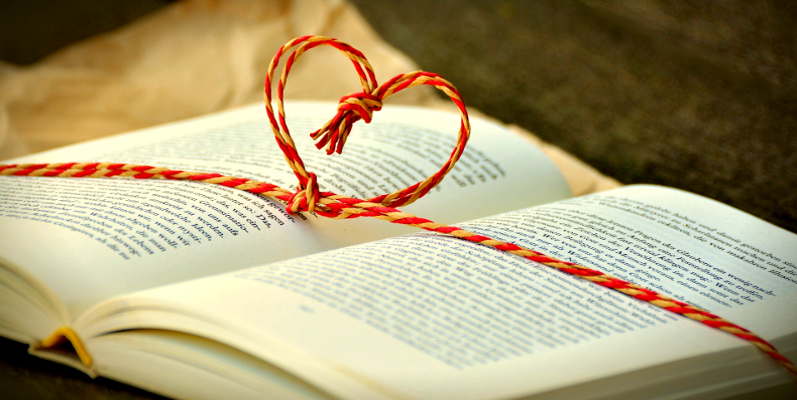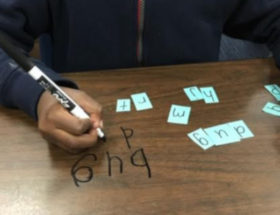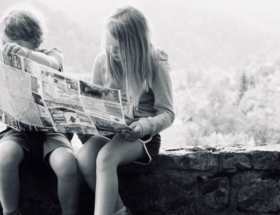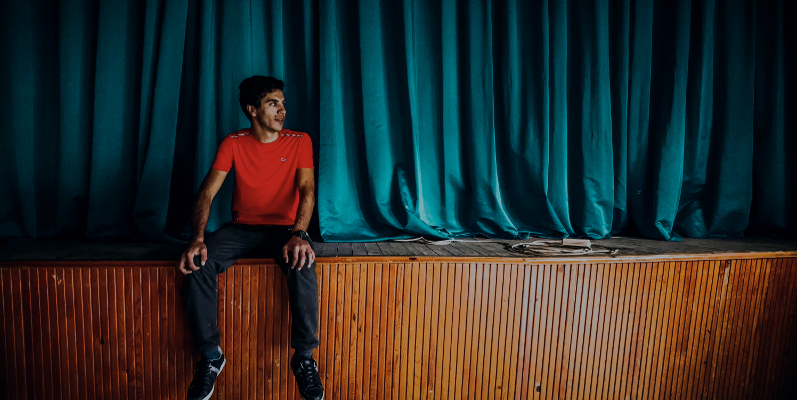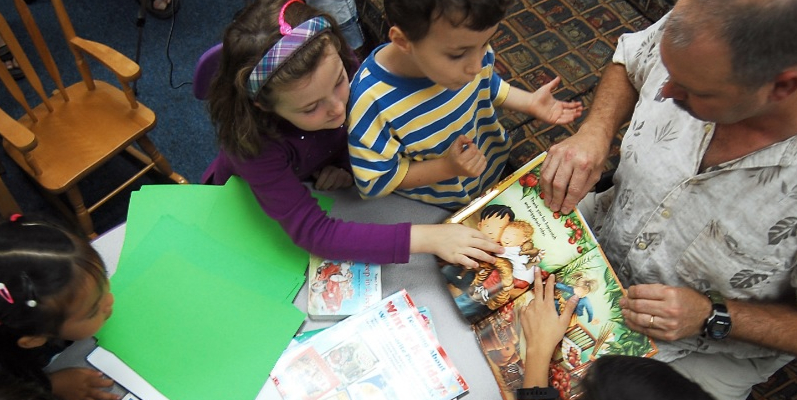On Sunday, the Wall Street Journal published an article, The ‘Rock Star’ Librarians Who Choose What Your Kids Read. I was elated to see a large photograph of John Schumacher with a gaggle of elementary kids strategically placed behind the headline.
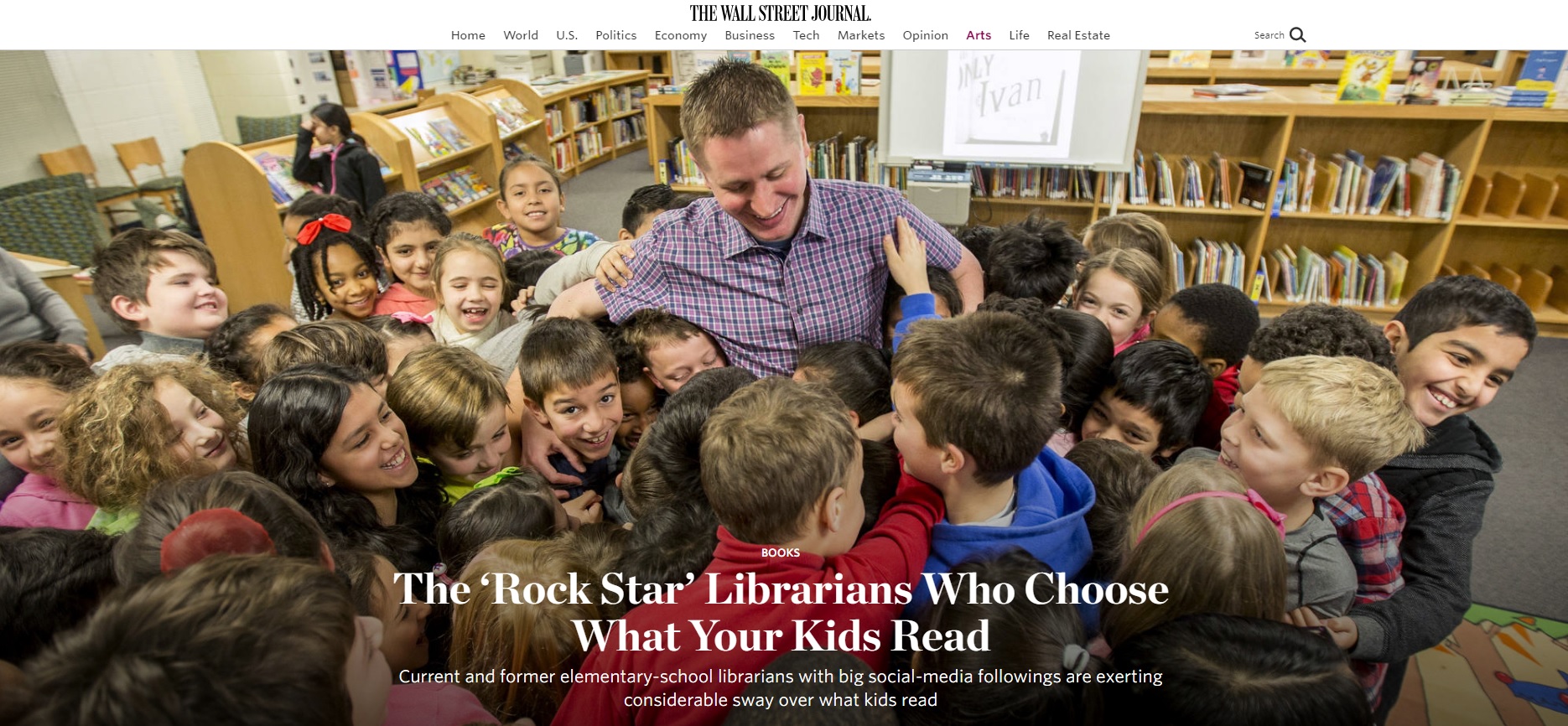
I’m a huge Mr. Schu fan. I read with great interest:
“Schumacher is an influential voice, one of several current and former elementary-school librarians with big social-media followings and considerable sway over what kids read. Publishers can’t advertise in classrooms and marketers can’t reach kids who haven’t yet hit social media, but these experts enjoy a direct line to school gatekeepers. Publicists inundate them with so many free books that in some towns, kids are toting advance copies like New York publishing professionals. The book industry seeks their notice, eager for exposure as newspapers cut back on book reviews and book stores continue to confront financial pressures.”
I saw John’s enthusiasm first-hand when I attended a Scholastic Reading Summit in San Antonio this summer and then again in January when he and Colby Sharp co-facilitated a session at TCTELA. Both sessions were replete with a generous amount of book talks and book give-aways.
“In the world of high-profile librarians, Mr. Schumacher, or “Mr. Schu” to his 43,000-plus Twitter followers, may be the best-known. While working as a librarian for nine years at Brook Forest Elementary School in Oak Brook, Ill., he built up his blog, “Mr. Schu Reads.” And read he did, voraciously. Publishers took notice. Review copies started pouring in. Over time, he donated more than $10,000 worth of those books to his school.”
John’s work with Scholastic has given teachers, librarians and students access to countless titles. It doesn’t hurt that John is a book evangelist extraordinaire.
“At the school, Mr. Schumacher’s grasp of children’s literature was on full display. “You remind me of Louise,” he told a girl in glasses, referring to the book “Louise Loves Art.” When a boy mentioned “The Lightning Thief,” Mr. Schumacher recited its first line by heart. He can recall where all the pigeons are hidden in Mo Willems books and literally buries his nose in new titles—his top-smelling volume is “Sam & Dave Dig a Hole” by Mac Barnett. “It’s just this really thick paper that is fragrant and wonderful,” he told the kids. “Now you think I’m really strange, but that’s OK.” He gave away about 50 books, some he purchased and some supplied by Scholastic. Afterwards, Ms. Sigle, the librarian, loaded up on extra copies from the local book store.”
I was encouraged, excited even to see an article in the WSJ that spoke to the power of book recommendations from adults who read and talk to kids about books.
Excitement turned to consternation the more I read, however. I made the mistake of reading the comments that followed the piece. Several readers responded with harsh comments about John and others mentioned in the article in regard to their political agenda.
Let’s be clear about the role librarians and teachers play in the reading lives of our nation’s children. Any caring adult who will take the time to read kid-lit and then suggest titles to readers is, in my humble opinion, a hero and a champion.
If there’s one thing we can stand in our culture at the moment, it’s a strong dose of empathy. Children who read and read a lot stand a much better chance of developing compassion than those who seldom read. A few years ago, Scientific American published an article on the power particular genres have on readers and their ability to empathize.
“Literary fiction, by contrast, focuses more on the psychology of characters and their relationships. ‘Often those characters’ minds are depicted vaguely, without many details, and we’re forced to fill in the gaps to understand their intentions and motivations,’ Kidd says. This genre prompts the reader to imagine the characters’ introspective dialogues. This psychological awareness carries over into the real world, which is full of complicated individuals whose inner lives are usually difficult to fathom. Although literary fiction tends to be more realistic than popular fiction, the characters disrupt reader expectations, undermining prejudices and stereotypes. They support and teach us values about social behavior, such as the importance of understanding those who are different from ourselves.”
Psychological awareness that carries over to the real world; solace, acceptance, affirmation, self-reflection, enlightenment, wonder. Profound gifts we pass on to kids when we read and share compelling texts.
Adults–be they parents, teachers or librarians, who have access to books and opportunity to share those books with kids are in a position of powerful influence. Influence for good. I’ve seen more than a few kids changed by reading books that a family member, classmate, teacher or librarian lovingly placed in their hands.
I am incredibly grateful to Donalyn Miller, Teri Lesesne and Franki Sibberson who were the first book evangelists (and empathy peddlers) in my teacher-world and who later introduced me (by way of social media) to Penny Kittle, John Schumacher, Colby Sharp, Travis Jonker, Julie Danielson, and Margie Myers-Culver.
Thank you, my beloved bibliophiles, for all the books you’ve “reviewed” and book-talked just for me (at least that’s how I felt).
I’m not a rock-star librarian, but I’m going to keep reading books you suggest and passing them on to the children we love.

